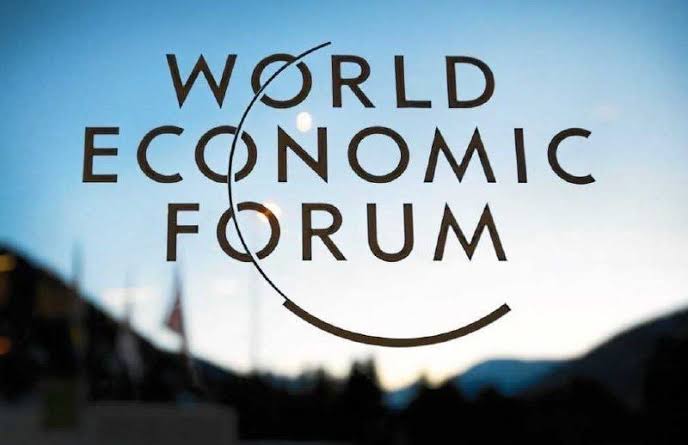
Latest World Economic Forum Whitepaper Warns of Potential Pitfalls for Country-Led Crypto Regulations.
According to WEF, there isn’t yet a consensus on how to define or categorize crypto assets. As an illustration, the EU views cryptocurrencies as “digital assets or property,” whereas the UK’s tax authorities views them as “exchange tokens” for use in payments.
The World Economic Forum has stated that without help from globally coordinated efforts to control the industry, national efforts by African nations to enact rules may not be successful.
The global economic lobby draws attention to the difficulties that come with regulating the cryptocurrency industry in isolation because of the transnational nature of cryptographic assets.
The group emphasizes that in order to handle the challenges and possible hazards posed by cryptocurrencies, a concerted effort among numerous countries is required.
“The evolving crypto-asset ecosystem and recent market events have underscored the pressing need for collaboration and the building of robust guardrails,” said Matthew Blake, director of the WEF’s center for financial and monetary systems.
To secure a minimum level of consumer protection and market integrity, it is vital to create relationships between international organizations, national authorities, and industry stakeholders, he noted. This is true even though different jurisdictions may choose different ways to regulating crypto assets.
In light of this, the organization suggests that nations:
converge on a common classification and understanding of digital assets.
Specify common criteria, and
Create efforts for data sharing
The group just released a new whitepaper titled “Pathways to the Regulation of Crypto-Assets: A Global Approach in May 2023” at the same time as this.
The report claims that the anonymity offered by cryptocurrency mixers, self-hosted wallets, and decentralized exchanges also makes regulation more difficult. Meanwhile, as regular finance becomes more integrated, there is a possible risk that the lately turbulent crypto business will spread
Even when crypto-asset operations resemble those of the traditional financial industry, their ecosystem does not necessarily neatly fit into the current activity-based, intermediary-focused regulatory paradigm.
According to WEF, there isn’t yet a common classification or definition for crypto assets. For instance, the EU views cryptocurrencies as “digital assets or property,” whereas the UK’s tax authorities views them as “exchange tokens” for use in payments.
In order to make comparisons easier, the whitepaper created a number of classifications of regulatory systems. Risk-based regulation and outcome-based regulation were two of these categories that were discussed. The phrase “same risk, same regulatory outcome” is used in outcome-based regulation to suggest that similar hazards should be subject to similar regulatory actions.
By contrast, risk-based regulation bases the extent of regulatory involvement on the level of risk connected to a certain activity.
The whitepaper also emphasizes the idea of agile regulation, which entails taking a responsive and iterative approach to the establishment of policies and regulations. It acknowledges that several stakeholders are now involved in the process and that governments are no longer the only ones in charge of it. Agile regulation includes tools like regulatory sandboxes, guidelines for providing assistance, and letters of no objection from regulators.
The Financial Market Supervisory Authority (FINMA) of Switzerland was cited in the whitepaper as an example of an adaptable regulatory body. In addition, Switzerland and Japan were cited in the whitepaper as examples of nations that have accepted co-regulation and self-regulation in the cryptocurrency business.
The United States was regarded as the birthplace of enforcement-based regulation. This method of developing a framework is not advised since “regulation by enforcement” prevents serious discussion of what ought to and ought not to be controlled.


